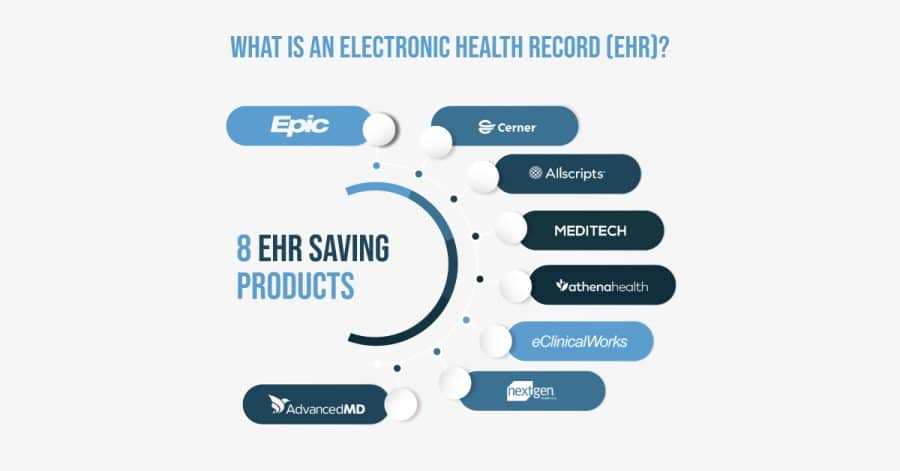Throughout your life, as you have engaged with the healthcare system you have slowly been creating a comprehensive record of your health. Healthcare providers use your medical record to make informed decisions regarding your care; all that information about your past and present health helps improve diagnoses and treatment plans, allowing you a better chance to achieve good health and well-being.
But, what exactly is included in your medical record? Here is a rundown of the typical information included in your medical record, so you know what your providers are working with.
Identification Information
First and arguably most importantly, your medical record includes information that identifies you. Your complete legal name as well as your social security number are key components of your health record, as are contact details like your current address and your phone number. These details help distinguish you from other patients, so providers can be certain that they have the right medical information at hand when discussing and affecting your health.
Medical History
The vast majority of your medical record is made up of your medical history, which everyone has regardless of the scope of their past interactions with the medical system. Even if you have never before stepped foot in a doctor’s office or hospital, you have a medical history, and your medical record will reflect that.
Ideally, your medical history should include information that will help providers make decisions to improve and maintain your health and well-being. That information may involve past and present diagnoses, known allergies and past and present medical and non-medical treatments and other forms of care. Because all of this information is undeniably complex and rather sensitive, it is often the responsibility of professionals with health information management degrees to keep the data organized and secure.
If you have not engaged with the healthcare system before now, your provider may request that you participate in various different tests to help them better understand your current level of health. Then again, if you have a robust medical history for your provider to draw upon, they may be able to guide your health journey with ease.
Family Medical History
Many health concerns are the result of a patient’s environment, and many others come from the patient’s genes. In both cases, knowing more about the medical history of close family members can help healthcare providers make informed decisions about a patient’s health. A close relative with a disease is not necessarily indicative of your destiny to contract the same condition, but it could indicate the need for certain preventative measures that could keep you happier and healthier for longer. Therefore, you should spend some time getting to know your family medical history if you can, so you can add a more comprehensive narrative to your personal medical record.
Medication History
Medications can affect your health in various ways, many of which you might not be aware of. However, healthcare providers need to know what compounds may be in your system before they can make safe and accurate decisions about your health. Therefore, your medical record should include a list of all the medications you have been recommended in the past as well as any medications you may currently use. Your medication history should contain details about both prescription and over-the-counter medications as well as vitamins and other supplements you may regularly rely upon.
Medical Directives
Accidents happen, and you may suffer a condition that prevents you from taking an active role as your own health advocate. Fortunately, you have the opportunity to include advance directives in your medical record, which should tell healthcare providers — and loved ones — your desires and intentions regarding your care when you are unable to do so. For example, some people include DNR orders, which instruct healthcare providers to cease certain resuscitation attempts if your heart, breathing or brain activity stop completely. You may also put in place a living will, which provides information about your estate should you fall into a prolonged coma. If you are older, work in a dangerous industry or have complex medical needs and interests, you should seriously consider adding medical directives to your medical record.
Your medical record is an extremely important file that could impact your health and wellness for years to come. By knowing more about what goes into your medical record, you can work to maintain its accuracy and improve your medical care into the future.

